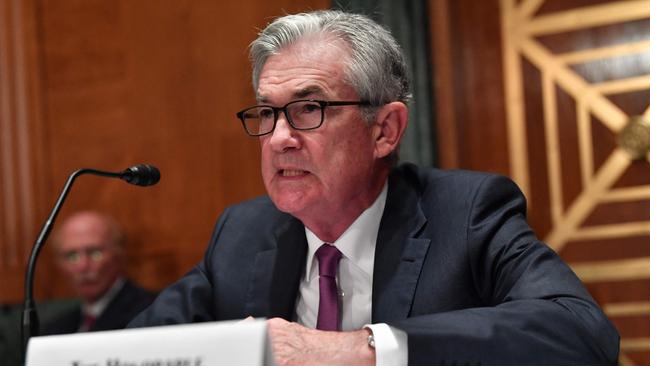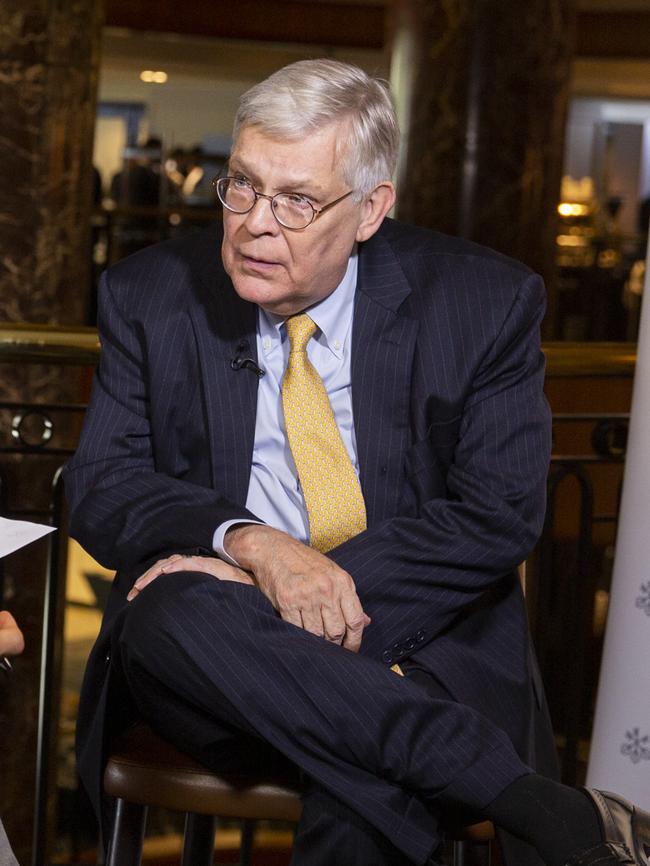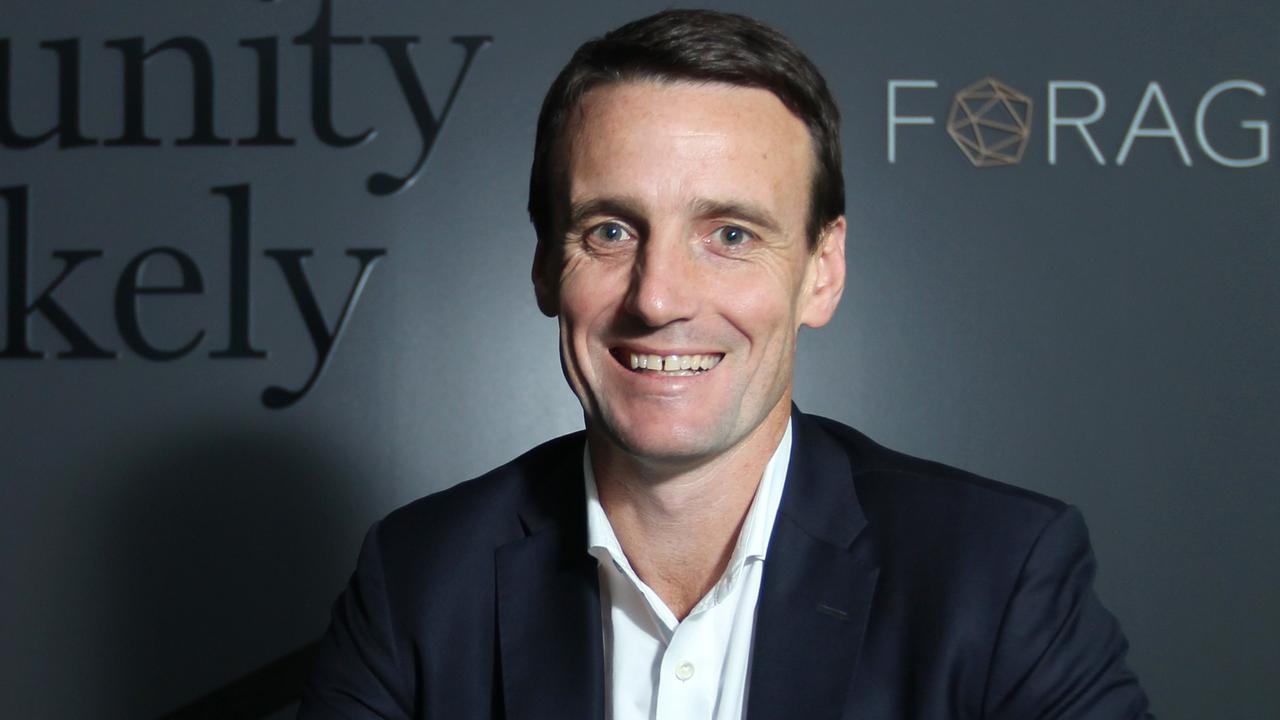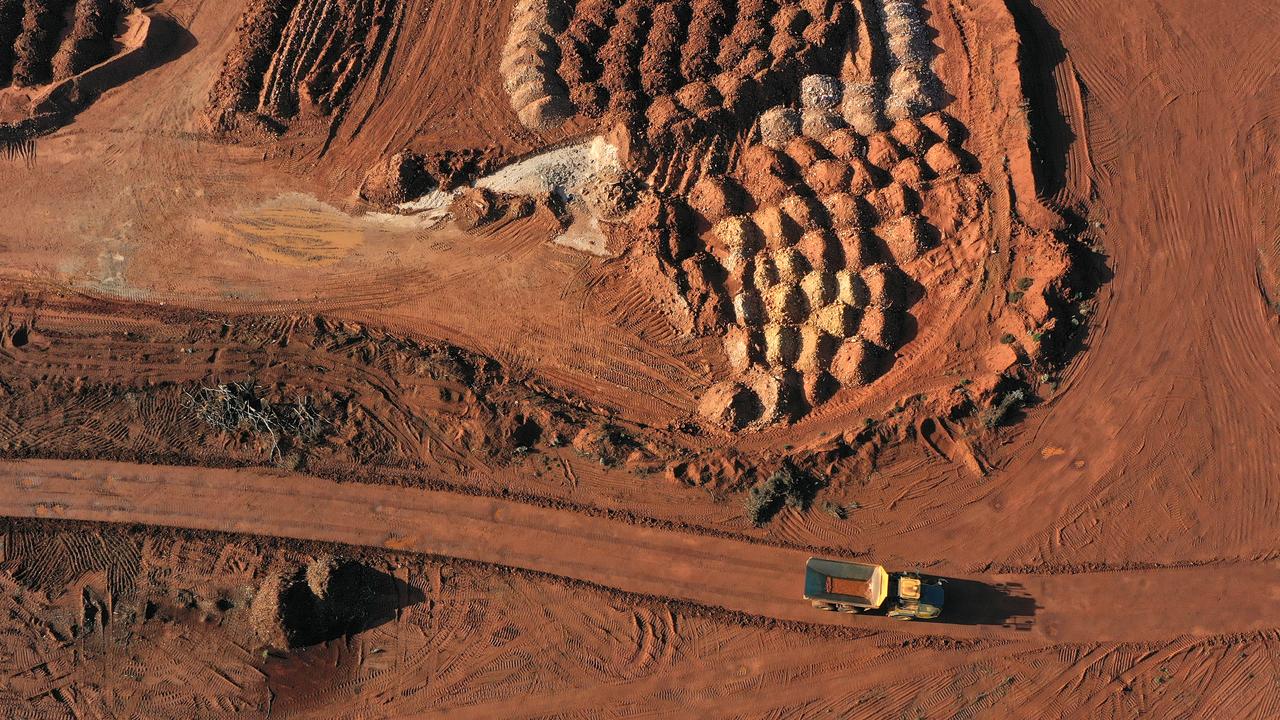
A lessening of central bank support from the Fed has long been viewed as a hurdle for shares and other risk assets, but the world’s most powerful central bank is clearly in no rush.
Perhaps more importantly, the current Fed chair, Jerome Powell, is likely to be replaced by an even bigger dove next year, according to Jeddeloh, who runs the influential Minneapolis-based The Institutional Strategist newsletter and institutional advisory service TIS Group.
“The big one of course is Powell, who’s up for reappointment next year,” Jeddeloh told UBS clients in a Zoom call on Wednesday.
“We have come to the conclusion he won’t be reappointed.”
It comes after growing resistance to Powell’s reappointment from prominent Democrats, including Senator Elizabeth Warren and Senator Sherrod Brown who were both involved in blocking former US Treasury Secretary Larry Summers from succeeding Ben Bernanke as Fed chair in 2013.
While criticising Jay Powell in a Bloomberg interview last week for having a relatively light regulatory approach, Warren heaped praise on Federal Reserve Open Market Committee member Brainard.
Based on her speeches, Brainard is clearly a big fan of yield curve control, according to Jeddeloh. “If we’re on the right track – and you’re an equity guy who likes Jerome Powell – you’re going to love Lael Brainard, because she’s going to suppress rates and there really isn’t going to be anywhere else to invest, in terms of large pools of capital and equities,” he said.
“That’s generally how we’re thinking about the Fed now – there is going to be a change at the top, it probably would be bullish for risk, and for the bond market it would suggest that the Fed will have to buy more bonds, which means there’s going to have to be another QE (quantitative easing).
“So we don’t think there will be a tapering (by the Fed).”
In his view, the Fed will need to do an additional $US2-$US3 trillion of QE in order to fund the $US1.2 trillion infrastructure plan that was passed by the US Senate on Tuesday.
That could bloat the Fed’s balance sheet to more than $US11 trillion from the current level of $US8.22 trillion.

Jeddeloh’s historical rule of thumb is that each $US100bn of QE lifts the S&P 500 about 40 index points.
So if other things are equal, that would give a medium-term target for the S&P 500 between 18 and 27 per cent above the current level – or a range of 5237-5637 points – although Jeddeloh didn’t provide targets for the S&P 500 in his call.
“That suppression (of bond yields) is going to be one of the most interesting features for 2022,” he said.
That ought to be negative for the US dollar, but China is also key for the outlook.
“The current leadership has two big problems: one is the food inflation (in China) is becoming quite serious – and of course in Chinese history, if you’re the leader and there’s a food inflation or a famine, that’s when trouble breaks out – the other problem is the crackdown on the elites in China,” Jeddeloh said.
“Intervention in some of the corporate sectors, where you have some factions – who have built the country up since 1979 – that are heavily invested. This is causing problems, we think, politically.
“There are factions who are opposed to the current leadership – one way to pressure the current leadership would be to put further pressure on oil prices and inflation on food prices, and you can do that by pushing the (US) dollar up against the Chinese currency.”
While it’s not a good time to invest in China now, Jeddeloh said: “We’re getting very close and it may be that this has much to do with, in terms of the timing, what I call the elections in China.
“The election is really the CCP members deciding who’s going to be the next leader and that decision is made in October next year.
“It explains a lot about why they’re deleveraging this year and (why they) are intervening now in various areas of their economy – and, eventually, if there are factions inside the country that are opposed to the leadership, they will have to be appeased – they’ve lost a lot of money – through these large cap equities that they’ve been invested in.
“Somewhere here there has to be a reflation, so one of the things we’re thinking about now is, the great reflation in 2022 is actually going to come in China, partly due to the ‘election’.”
Jeddeloh also said on his assessment, the US economy, particularly in the South and South East is “absolutely booming in every respect” and that US inflation won’t abate, “particularly if you get another Fed chair who really wants to run the economy hot for as long as possible”.





Larry Jeddeloh sees a few important reasons to stay bullish on US equities.